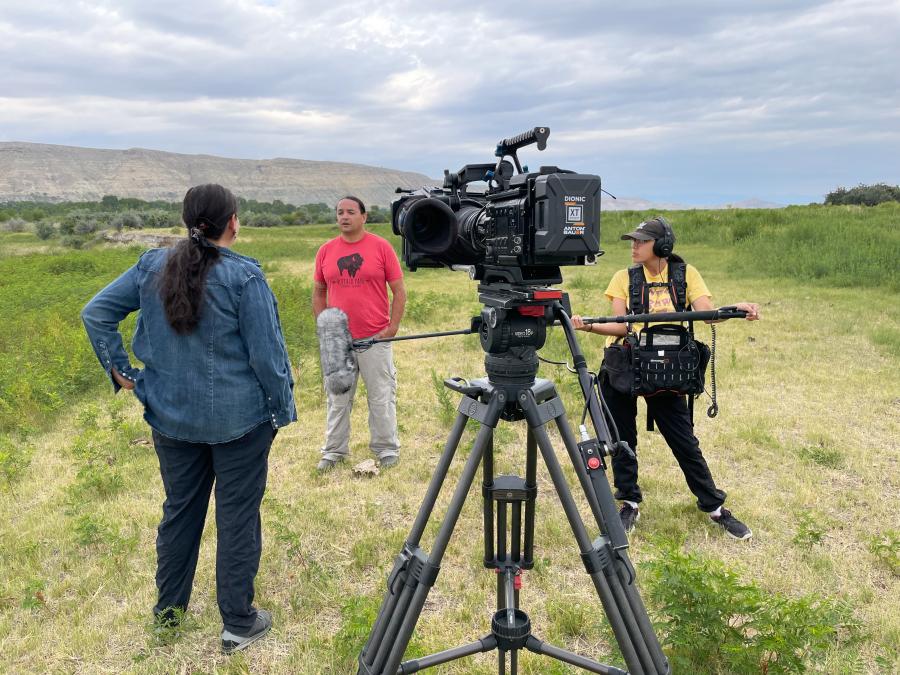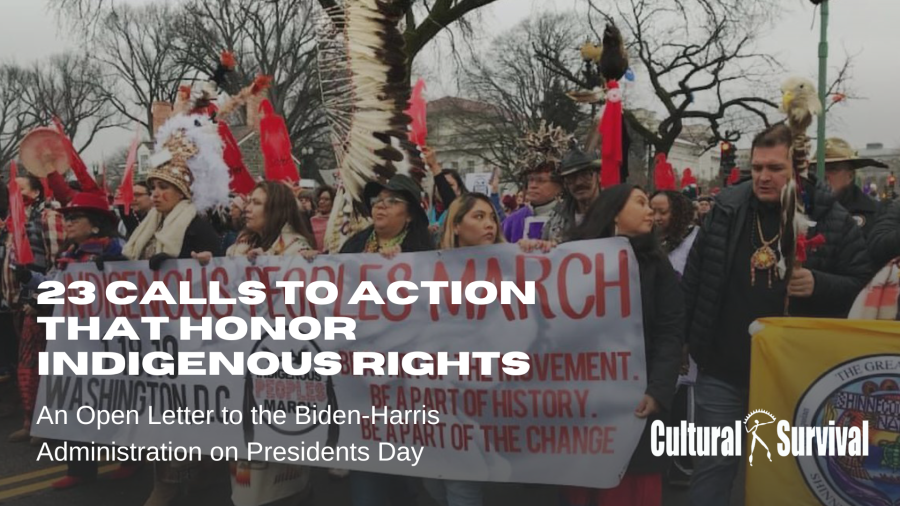On November 5 the United Nations Human Rights Council in Geneva, Switzerland, examined the United States’ compliance with its international human rights obligations. The council comprises 53 member states and conducts human rights reviews of all 192 UN member states in a four-year cycle. In reviewing the United States, members of the council questioned a delegation of over 30 U.S. officials.
The UN Declaration on the Rights of Indigenous Peoples, adopted by the UN General Assembly in 2007, was at the center of questioning and recommendations by a number of states. The United States was among only four countries that voted against it, and in the questioning, countries as diverse as Lybia, Nicaragua, Iran, Australia, Finland, and South Africa recommended that the declaration be endorsed by the United States. Finland also called upon the United States to formulate plans, with Indigenous Peoples, for its implementation.
New Zealand and Australia, two of the four countries that originally voted against the declaration but later endorsed it, urged the United States to continue its forward movement on the review of the UN Declaration.
The United States responded to the recommendations of the Human Rights Council with the following statement: "We acknowledge the many challenges faced by Native Americans--poverty, unemployment, health care gaps, violent crime, and discrimination--but note the many laws and policies we have put in place to address health care reform, to improve criminal justice, and empower the tribes and their members to deal with those challenges. Tribal consultations are at an all-time high after President Obama hosted the White House Tribal Nations Conference, where he directed agencies to submit plans for and progress reports on implementation of the Executive Order on Consultation and Coordination with Indian Tribal Governments. And we are reviewing our position regarding the UN Declaration on the Rights of Indigenous Peoples, a decision made in response to calls from tribes and other Indigenous groups and individuals." The State Department has been reviewing its position on the declaration for over a year and a half.
Adapted from International Indian Treaty Council press release.



